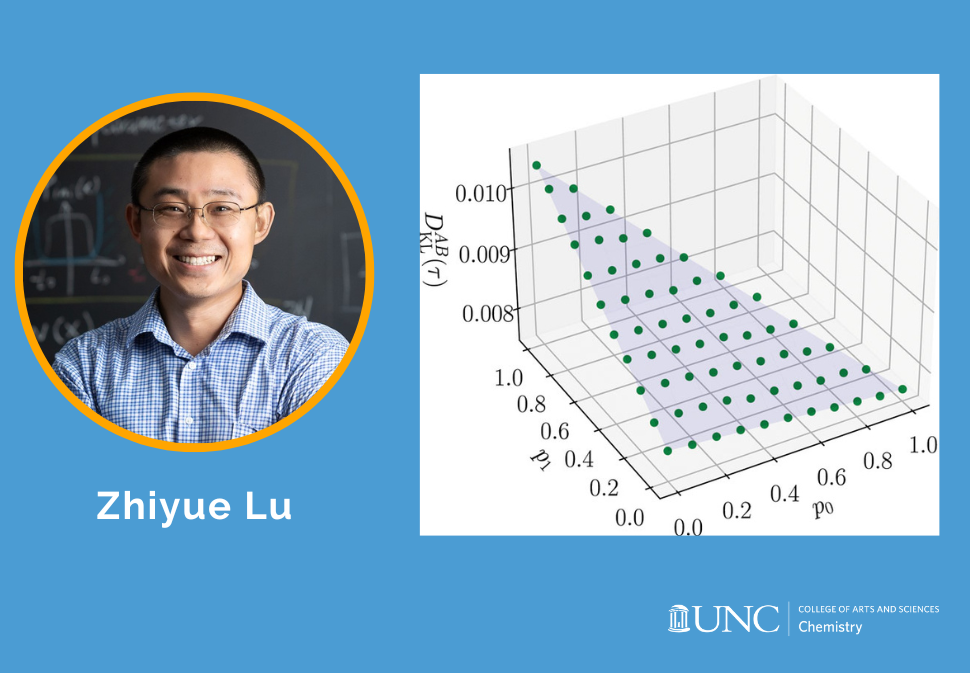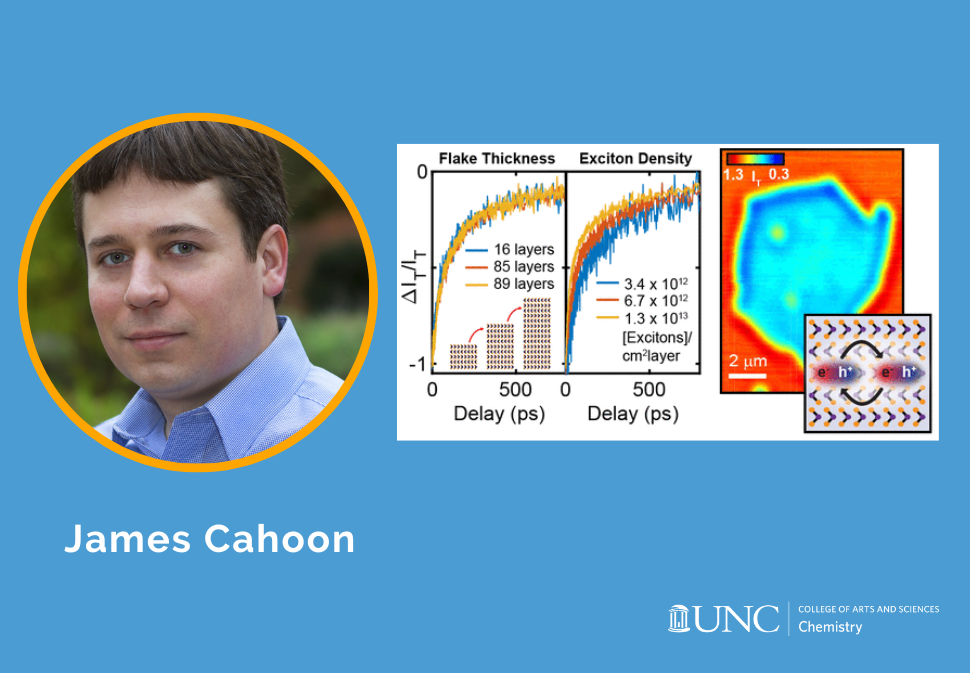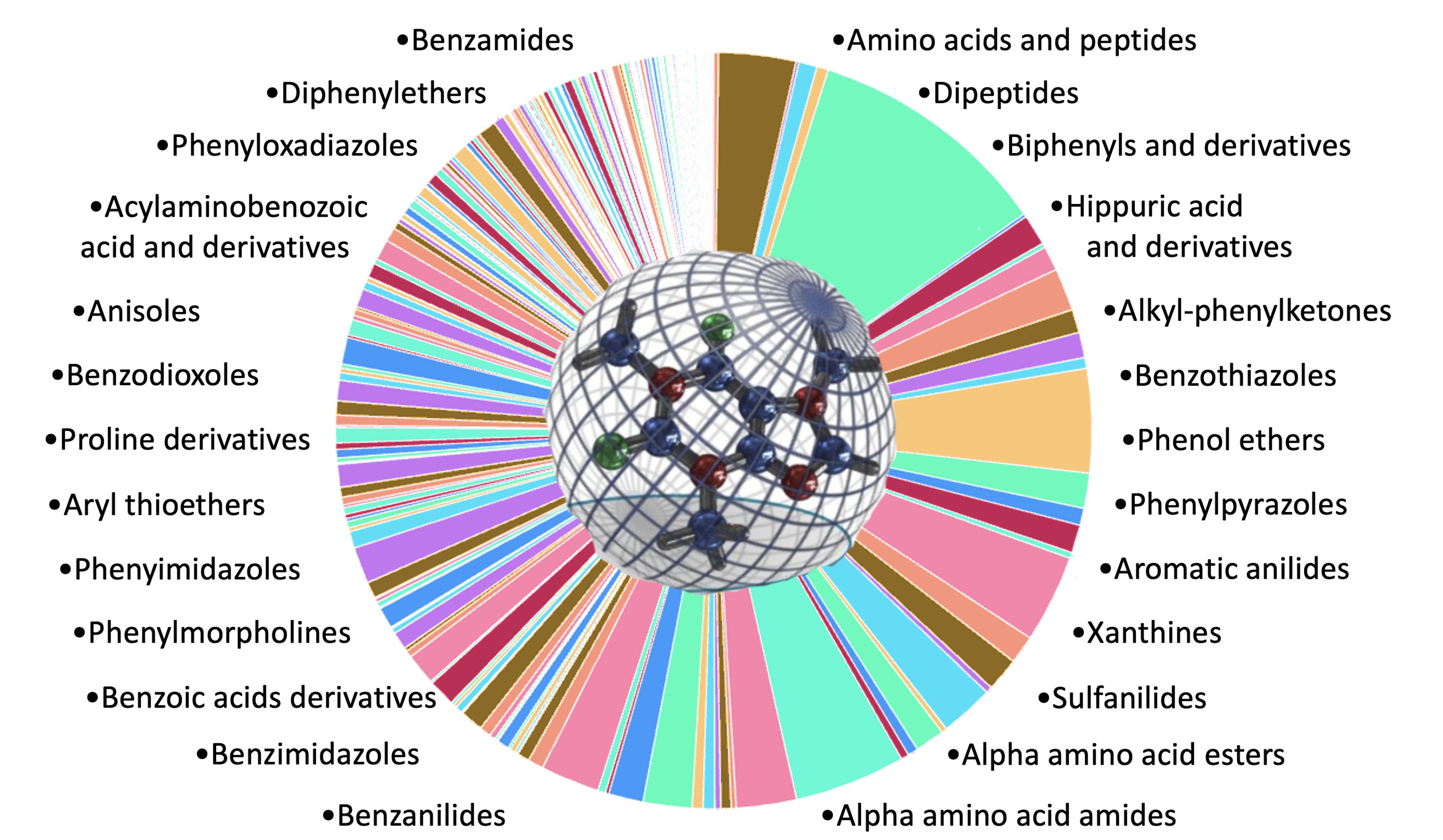Analytical Research
Consistently ranked as one of the top analytical programs in the United States over the past four decades, the analytical division is recognized as a world leader in this scientific area.
Following the tradition set by the late Professor Charles N. Reilley, the division extends the frontier of measurement science through a focus on fundamental studies related to chemical analysis and the development of innovative instrumentation. All traditional areas of research are represented, including electrochemistry, mass spectrometry, microscopy, sensors, separations, single cell assays, micro- and nanoscale chemical measurement devices, and spectroscopy.
Research projects span a wide range of chemical analysis science, including microvolume separations and analysis, nanomaterials, proteomics, sensors, single cell/molecule analysis, and surface analysis; for examples of active research projects please see the list below.
The division has a strong alumni base with students working across academia, industry, and national labs enabling exciting career opportunities and networking for our graduate students.




